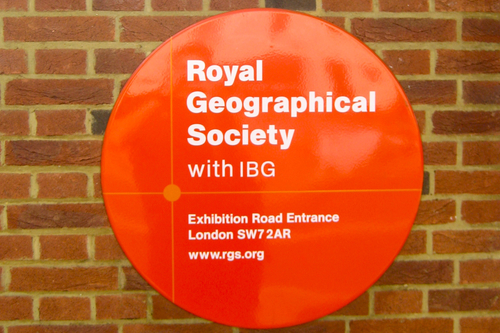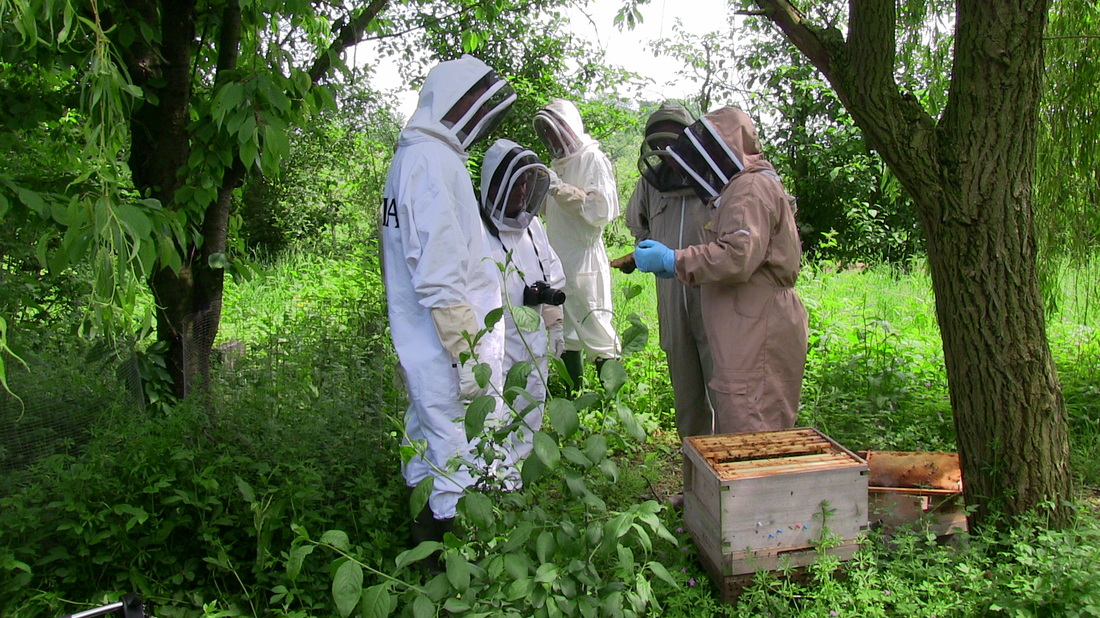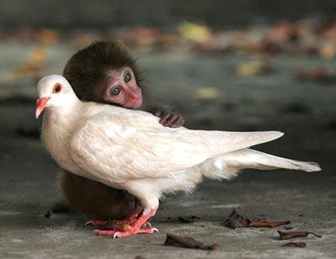This series of sessions will explore how the co-production of knowledge within (and between) communities is being expanded beyond narrowly human notions of community to take into account the ‘voices’, needs and agencies of non-humans. We seek to explore how co-production has been done (historical examples), is being done, and can be done (imagined futures), with panoplies of non-humans which range through animals, plants, technologies and materials within space-time in both topological and topographical formations. We feel that expanding the processes of knowledge creation through co-production is a necessary step in efforts to address the toxic nature/culture divide and in developing materialist techno-ecologicalisation of politics and ethics (Haraway, Latour, Bennett, Barad etc.). We need deeper engagements with the ecological (taken in its broadest sense), materialised processes which conjure communities into being, sustain them, set them together, apart, in conflict, and bring them down; and in how they might be reformed into more just configurations. We seek contributions which: report upon work that has sought to co-produce knowledge with non-humans; speculate (plan) conceptually and methodologically on how co-productions with non-humans of differing stripe might be done; stage dialogues between specialists in co-production and those specialising in the more-than-human (broadly conceived).
Come along on Wednesday. We'll be in Electrical Engineering Building, Room 403a, Sessions 1 through 4.
You can find out more about each session below:
Session One: More-than-Human Bodily Entanglements: Boundaries, Interfaces, Knowers with presentations from @eva_faerycake, Gregory Hollin, Anna Krzywoszynska, Sophie Lewis, @SandySom
Session Two: (Not) Seeing, Hearing, Showing Non-Humans with presentations from @DrJennyA, @ProfLesleyHead, Michael Gallagher, Erin Despard, Timothy Hodgetts, @routesandroots,
Session Three: Co-producing place with non-humans with presentations from @ecoartnotes, @FelicityPicken, Antony Lyons, Jon Pigott, Jacob Shell
Session Four: Who Knows?: relocating participatory knowledges across human/non-human divides with presentations by @mhbastian, Skye Naslund, Felice Wyndham, @ollyzanetti
Hope to meet some of you there! If not, I'm sure there'll be some live tweeting going on.
Michelle Bastian




 RSS Feed
RSS Feed
